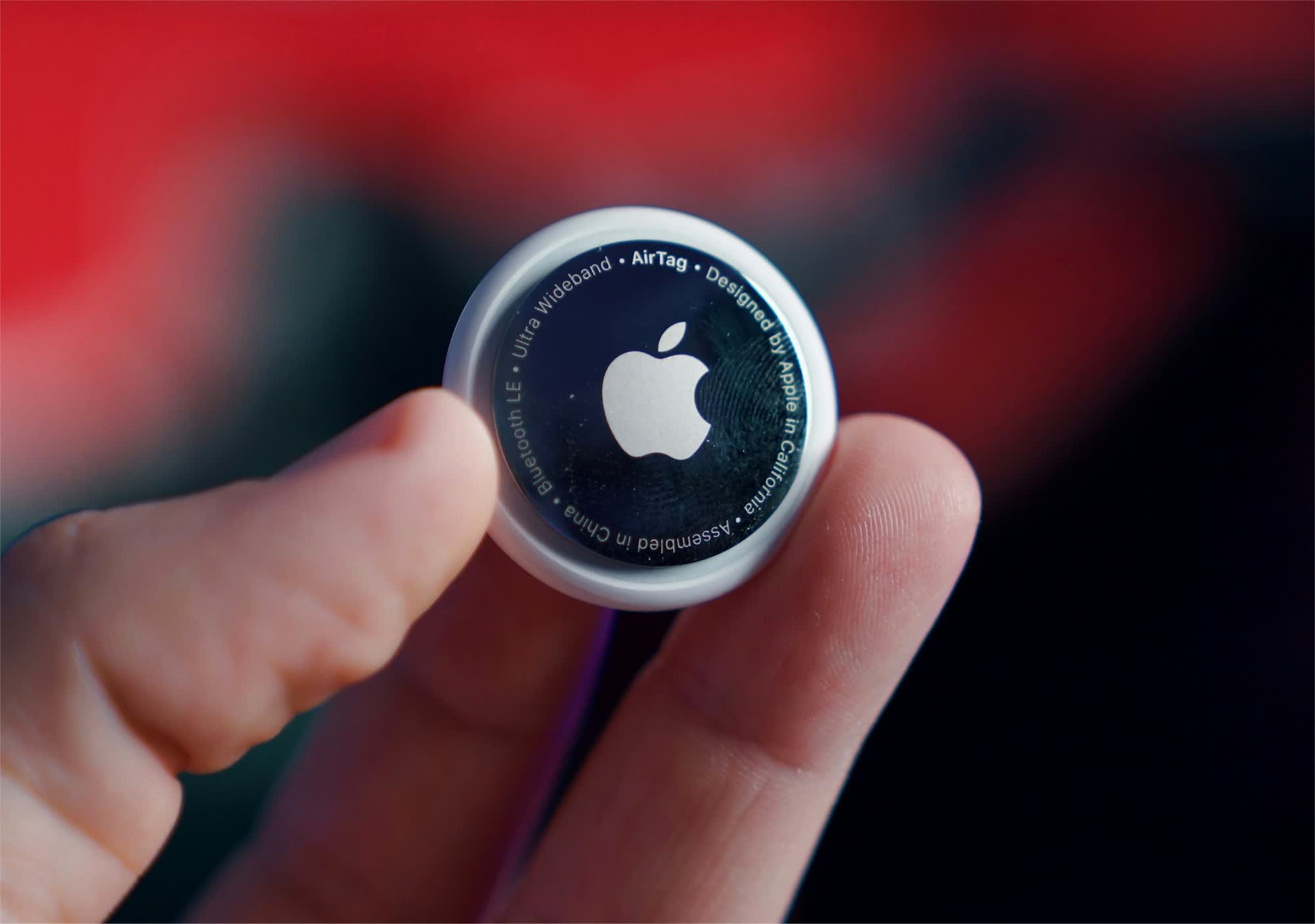Facepalm: Apple AirTags can be used for a wide range of tracking needs, from lost pets to stolen luggage. As campaign season gets underway, we are seeing another use: politicians are using the geotrackers to keep their lawn signs from vanishing in the night, apparently a common plight in the rough-and-tumble world of local campaigning. Some of the outcomes have proven to be embarrassing for the culprits (who often turn out to be the politician’s opponent), but it adds to the growing narrative that these coin-sized trackers are a privacy hazard.
John Dittmore, who is running in a Republican primary for a seat on the Brevard County Commission in Florida, purchased some AirTags after several of his campaign signs vanished. He put up a replacement sign with the tracking device and then spent three hours one night waiting for the would-be thieves. Dittmore eventually tracked the AirTag to a parked pickup truck about eight miles away that belonged to two teenagers and then called the police. The teens were charged with criminal mischief and grand theft for taking nine of his signs.
In another example, Vinny Panico, the deputy mayor of the township of Readington, N.J., placed AirTags in signs that were critical of the man running for chair of the local county Democratic Party. When one of the signs went missing, Panico followed the pings to the home of a Readington Township committeeman, whom he had arrested after finding six signs on his property.

Similarly, when Mike Lambrechts ran as a first-time candidate for a seat on the Fort Lauderdale City Commission in Florida, he used the geotrackers to trace a missing sign to a car parked in the driveway of one of his opponents’ homes.
These events add fuel to growing privacy concerns surrounding the coin-sized tags, especially as they have also become favored tools for stalkers and abusers.
A class-action lawsuit against Apple was filed in 2022, and earlier this year, a judge denied the firm’s motion to dismiss the case.
Image credit: Select Photos, Onur Binay

